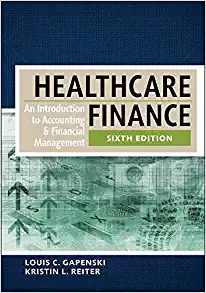| | A pension fund manager is considering three mutual funds. The first is a stock fund, the second is a long-term government and corporate bond fund, and the third is a T-bill money market fund that yields a rate of 4.7%. The probability distribution of the risky funds is as follows: |
| Expected Return | Standard Deviation | | Stock fund (S) | 17% | 37% | | Bond fund (B) | 8 | 31 | | The correlation between the fund returns is 0.17. |
| Solve numerically for the proportions of each asset and for the expected return and standard deviation of the optimal risky portfolio.(Do not round intermediate calculations and round your finalanswers to 2 decimal places.Omit the "%" sign in your response.) |
| | | Portfolio invested in the stock | % | | Portfolio invested in the bond | % | | Expected return | % | | Standard deviation | % | | | A pension fund manager is considering three mutual funds. The first is a stock fund, the second is a long-term government and corporate bond fund, and the third is a T-bill money market fund that yields a sure rate of 4.0%. The probability distributions of the risky funds are: |
| Expected Return | Standard Deviation | | Stock fund (S) | 10 | % | 32 | % | | Bond fund (B) | 7 | % | 24 | % | | The correlation between the fund returns is .1250. |
| Suppose now that your portfolio must yield an expected return of 8% and be efficient, that is, on the best feasible CAL. |
| a. | What is the standard deviation of your portfolio?(Do not round intermediate calculations. Round your answer to 2 decimal places.) |
| b-1. | What is the proportion invested in the T-bill fund?(Do not round intermediate calculations. Round your answer to 2 decimal places.) |
| Proportion invested in the T-bill fund | % |
| b-2. | What is the proportion invested in each of the two risky funds?(Do not round intermediate calculations. Round your answers to 2 decimal places.) |
| Proportion Invested | | Stocks | % | | Bonds | % | | |






